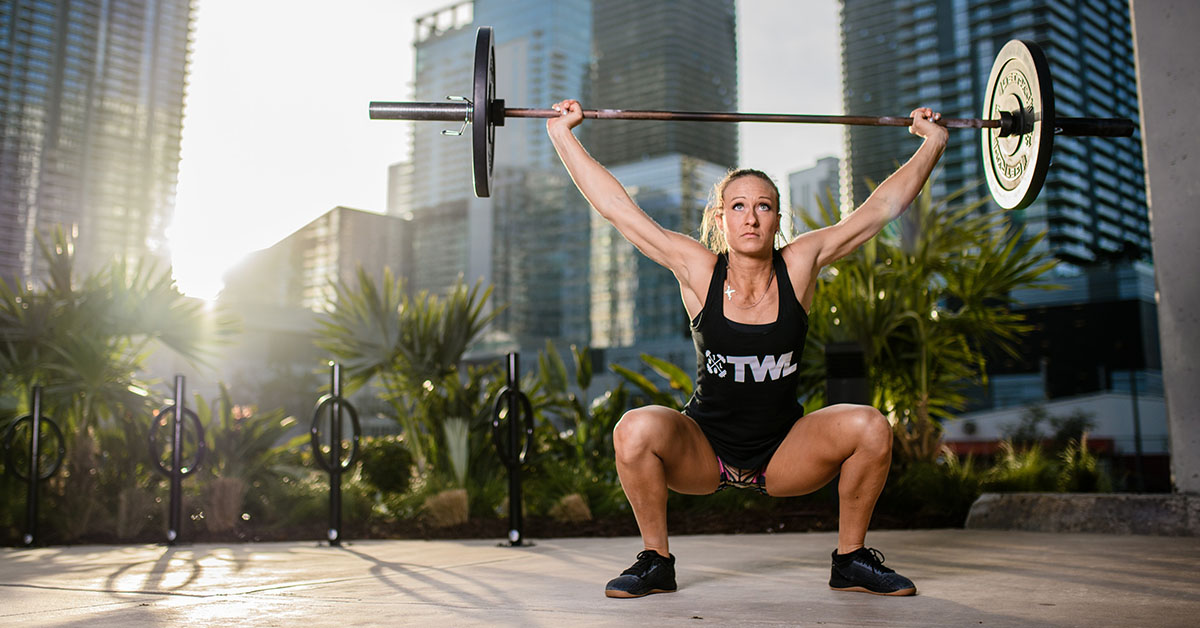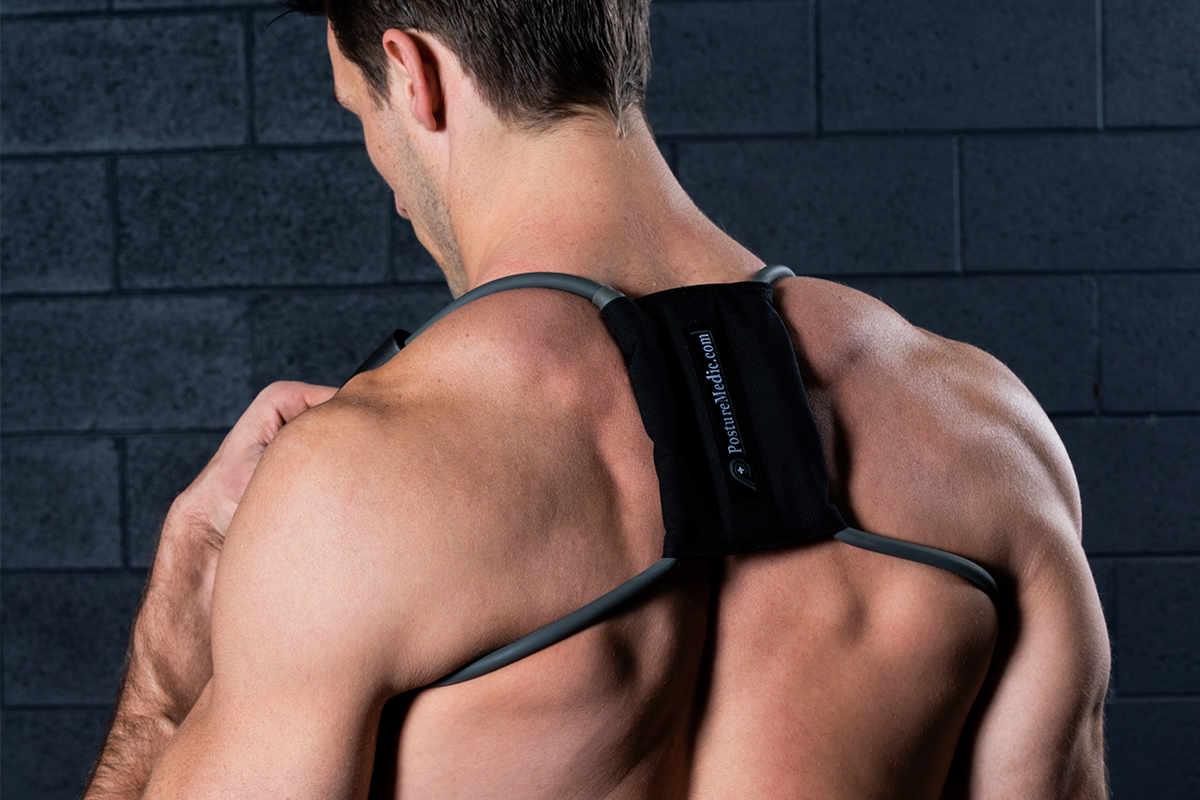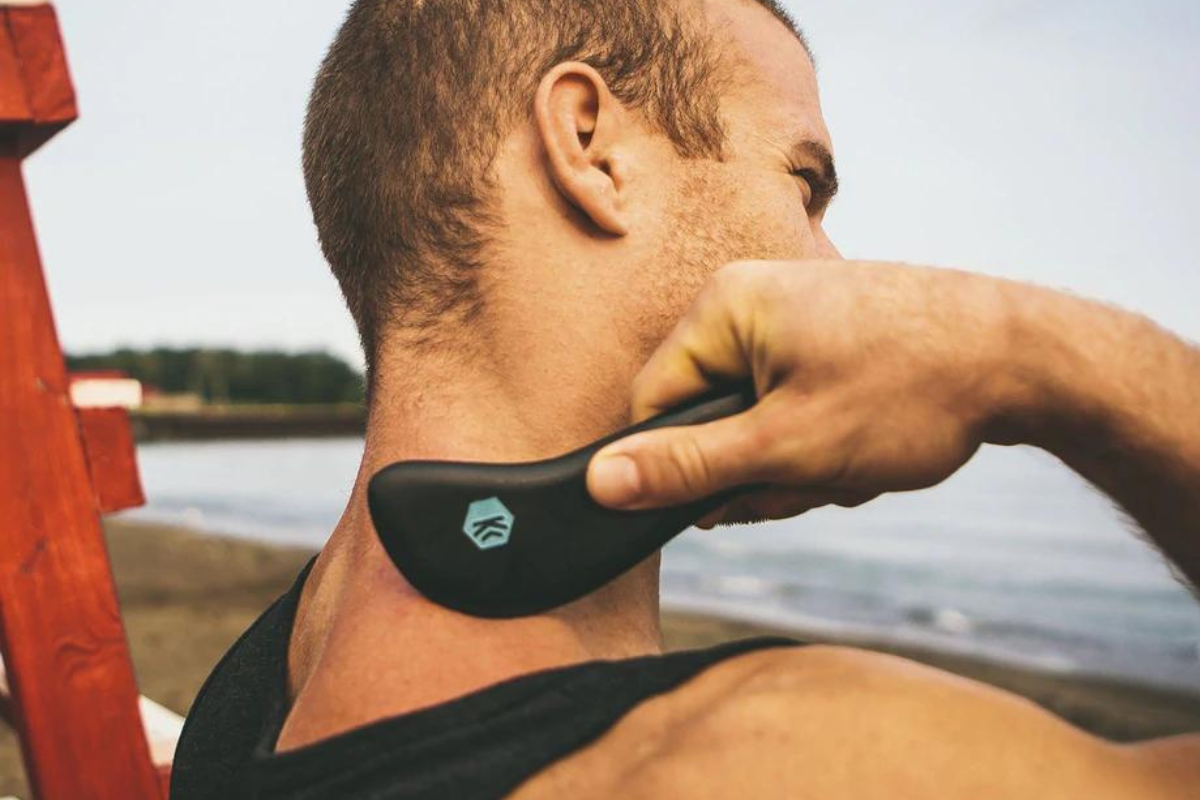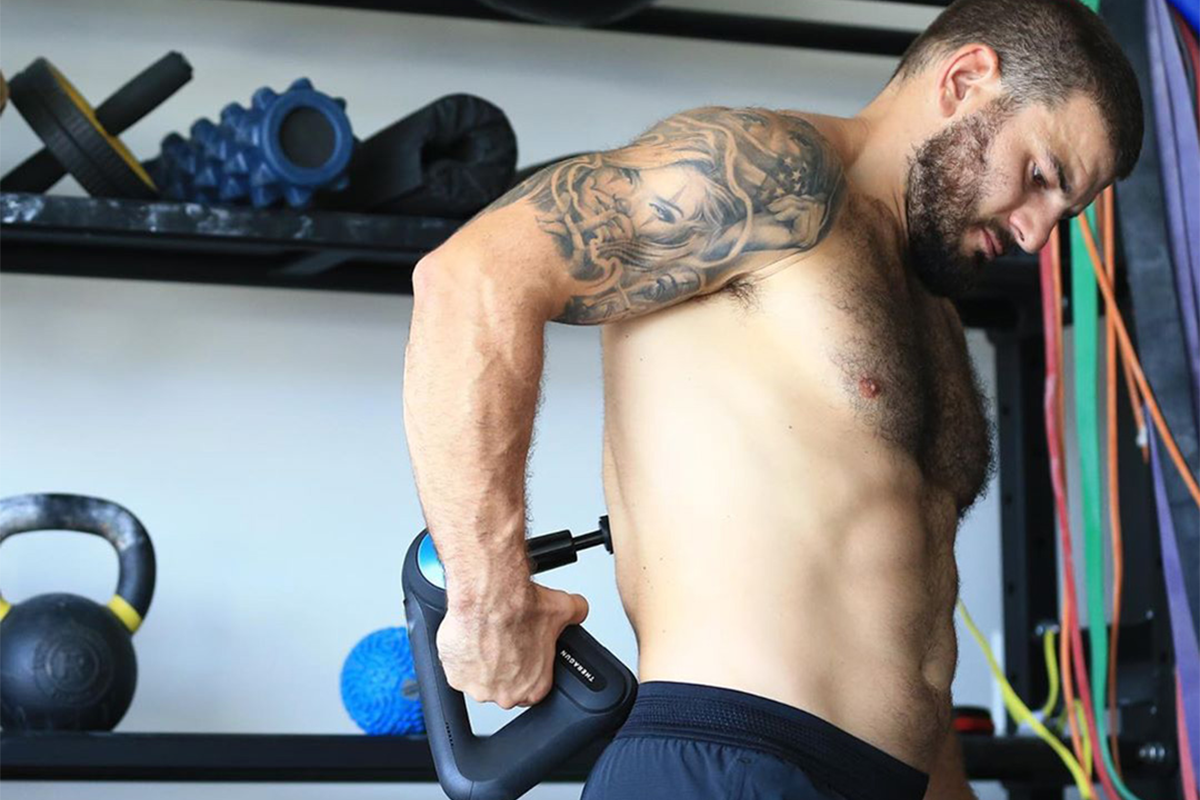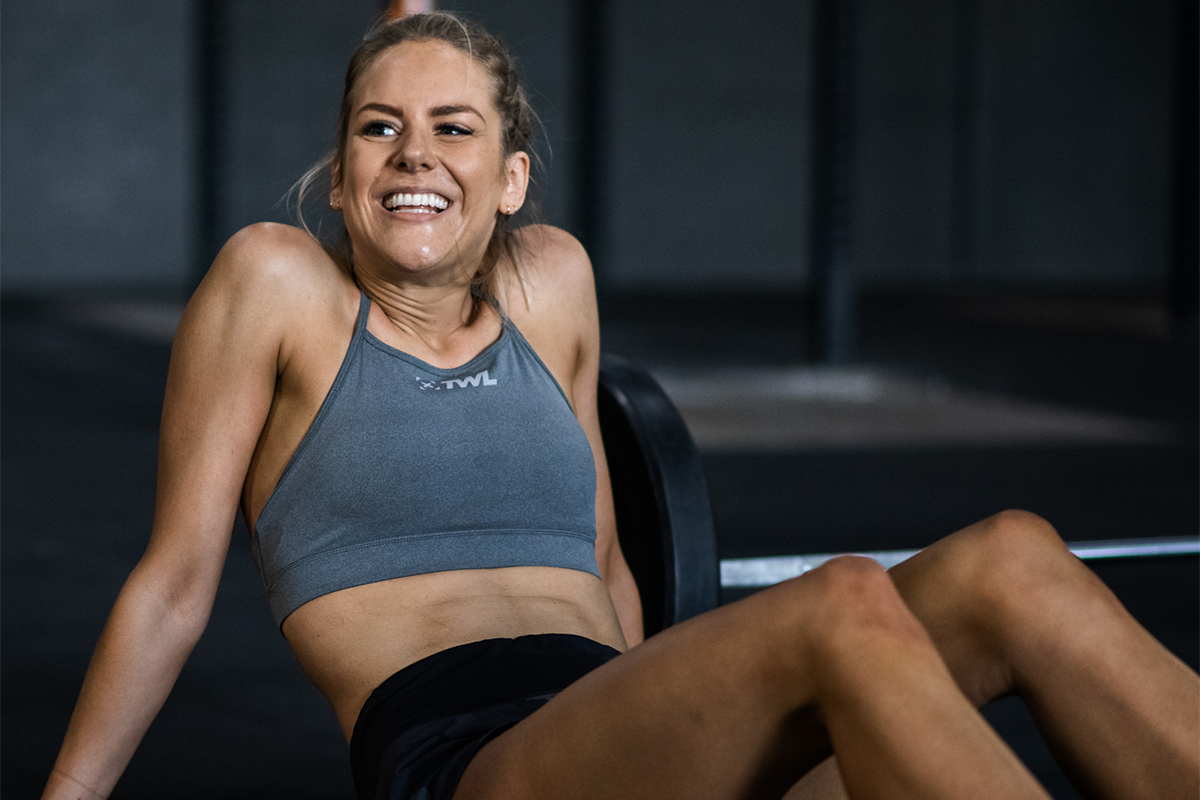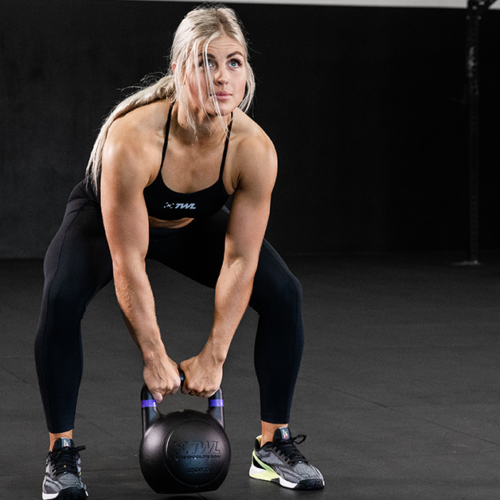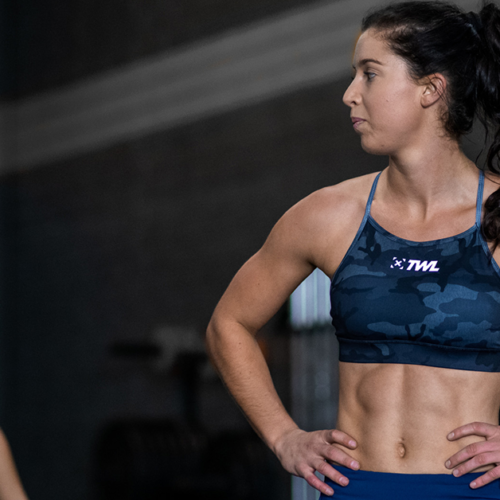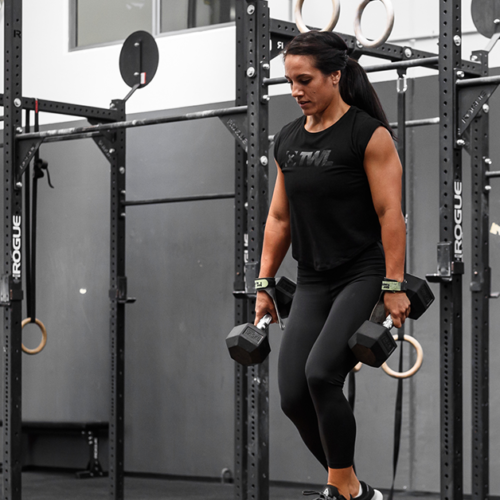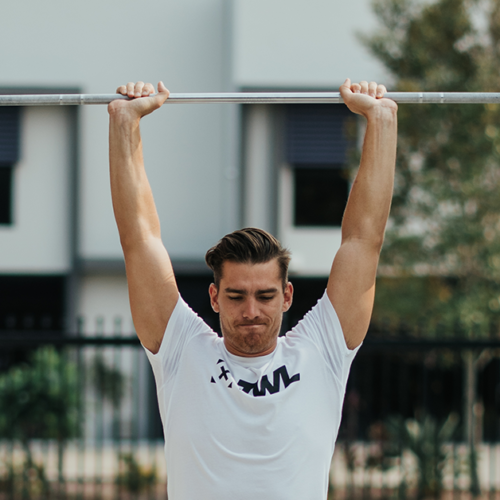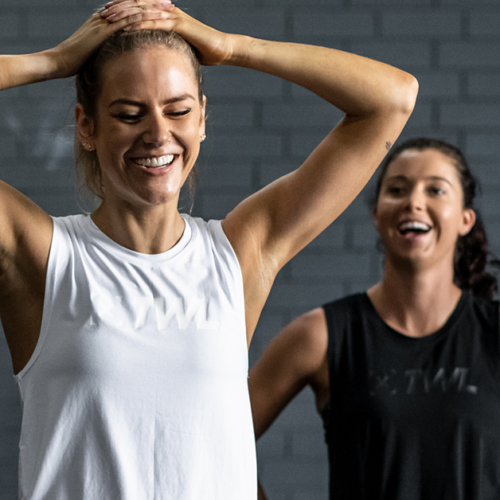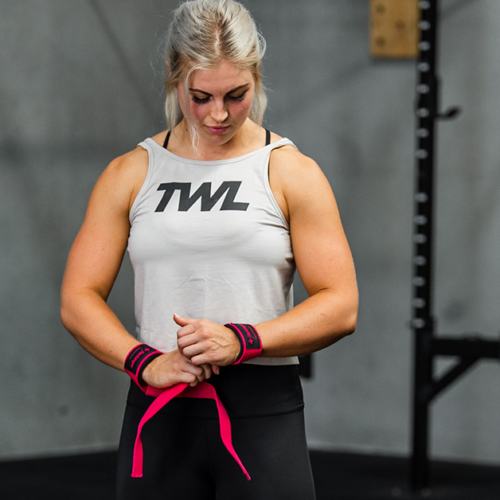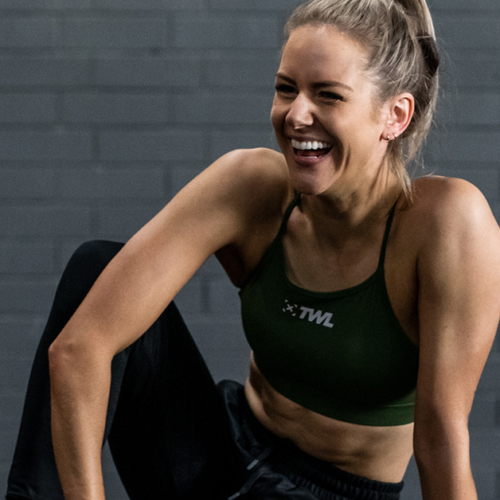Functional fitness as a sport is kind of unique, right? On a day-to-day basis, all over the world, you have amateur athletes training like professionals. Maybe it’s just me but I don’t know many pick-up basketball players who train like Lebron James does on a regular basis. Yet, in functional fitness, that’s commonplace. It’s crazy. Even crazier is when amateurs try to train like a professional but don’t recover like one. Recovery posts on Instagram don’t get the likes or sponsorship dollars posting a heavy snatch does, but it doesn’t mean you shouldn’t recover just as hard as you train. Here are a few reasons why you’re not recovering better.
Why You’re Not Recovering Better
Overtraining
Overtraining is an all-too-common problem in functional fitness. There are only so many hours in a day, so many movements to conquer. If you haven’t done a strength piece, some accessory work and don’t forget those rowing intervals you promised yourself, then you’re clearly falling behind the curve. (Kidding.) This is a shockingly typical mindset of not only competitors within the sport, but your average athlete. Unfortunately, this is a recipe for disaster.
Overtraining occurs when your body can’t recover enough to match your training program. Symptoms include decreased physical performance, fatigue, loss of motivation, depression, loss of appetite, weight loss, elevated resting heart rate, an increased number of minor injuries such as sprains and strains, and an increase in upper respiratory infections. More than that, once you’ve gone too deep into the overtraining cave, there’s no simple fix. It can take weeks or longer to properly recover.
This used to be an epidemic among functional fitness’s elite. It’s fun to romanticize about Froning training from morning to night and it makes for a great puff piece, but that doesn’t mean it works for everyone. There are a million different ways to skin a cat, as they say. Thankfully, the pendulum seems to be swinging back in the other direction. More for the sake of more isn’t always the answer and athletes, now more than ever, are starting to realize the value of focused practice and recovery to their overall gains.
A Lack of Quality Sleep
This is a no-brainer, right? For the most part, everyone knows sleep is crucial to recovering properly from training. However, it’s important to understand not all sleep is created equal. We should all be seeking quality sleep — with the emphasis on quality. I never much liked the saying, “Practice makes perfect,” because it’s not true. Practice doesn’t make perfect — perfect practice makes perfect. Maximizing your recovery via sleep isn’t as simple as checking a box that says, “Get 8 Hours of Sleep.” There are steps you can take to get even more out of your sleep.
First, a few rapid-fire pieces of advice: try sleeping in a blacked-out dark room, keep it cool, stay off anything emitting blue light (i.e. cell phones, tablets, etc.) for up to 30 minutes before bed and don’t consume caffeine within four hours of bedtime (even if you’re one of those people unaffected by caffeine — just because you can still fall asleep doesn’t mean you’re reaching the depths of quality sleep).
Another tip would be trying to create a pre-bed routine to condition your body — become Pavlov’s dog. That could mean turning off all electronics an hour before bed, showering, and reading for 30 minutes before trying to fall asleep. A routine can signal to your body bedtime is approaching, which can allow you to fall asleep faster.
Lastly, and probably most difficult, is to try to go to sleep and wake up at the same time every day – even on weekends! Unfortunately, due to life, this is a lot easier said than done. Creating a habit of waking and sleeping helps regulate your internal body clock. And as tempting as it may be, sleeping in on the weekends can disrupt the rhythm you’ve created throughout the week, leading to one nasty case of the Mondays.
Mental Stress
Mental stress is something often overlooked when trying to optimize recovery for athletes. It’s not unusual to use working out as a form of stress relief, but that should be the exception rather than the norm. Researchers at the Yale Stress Center recently published a study in the journal Medicine & Science in Sports & Exercise showing people with higher levels of chronic mental stress take longer to recover their strength after workouts.
Rather than using a daily workout as a bandage for chronic stress, try addressing some of the root causes of said stress — easier said than done, I know. Practices such as meditating or cooling down properly after a workout can help return you to that parasympathetic state best for recovery.
Nutrition
Nutrition is always a difficult topic to tackle because it varies so heavily based on the individual. We can sit here all day and argue the differences and benefits of paleo versus macros for athletic performance, but, realistically, it’s pointless. There is no holy grail, no one-size-fits-all approach when it comes to nutrition. However, there are a few guidelines I think everyone can agree on and can help jumpstart the recovery process.
The worst thing you can do as an athlete, nutritionally speaking, is fall into a caloric deficit — meaning not taking in enough calories to support your training regimen. If you’re willing to lose body weight at any cost, this can be effective — although not recommended; but if you’re trying to improve performance, be stronger, and get fitter, you need those calories to refuel your muscles and restock your energy stores.
Not meeting the caloric demand of your training program will send you spiraling quickly toward overtraining. Also, remember to adjust your intake based on the volume of the current training cycle — as volume increases, so does the caloric demand.
Another quick hack is making sure you’re refueling properly immediately post-workout. Most frequent gym-goers understand the necessity of taking advantage of that 15-60 minute window post-workout to have their protein shake while their bodies are still craving it. Yet, a surprising amount of people neglect to add the most delicious macro to their shake: carbohydrates.
As we exercise, we burn through our glycogen stores. The longer and the more intense the session, the more we use. Glycogen recovery is most important for those athletes who are training multiple times per day, have back-to-back events, and for those athletes who may not be getting the carbohydrates they need throughout the day. The minimal ratio of carbohydrates to protein is 2:1 and can get bumped all the way up to 4:1 based on the length and intensity of the session.

